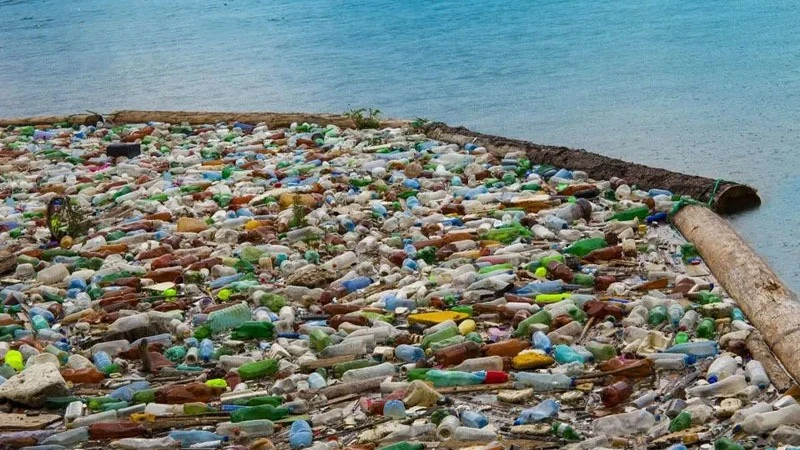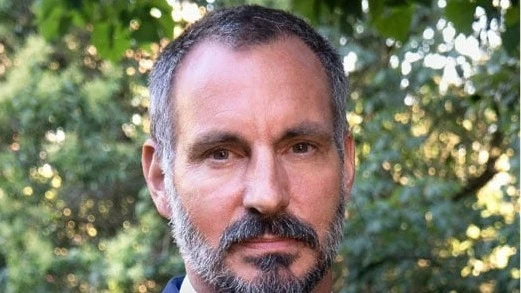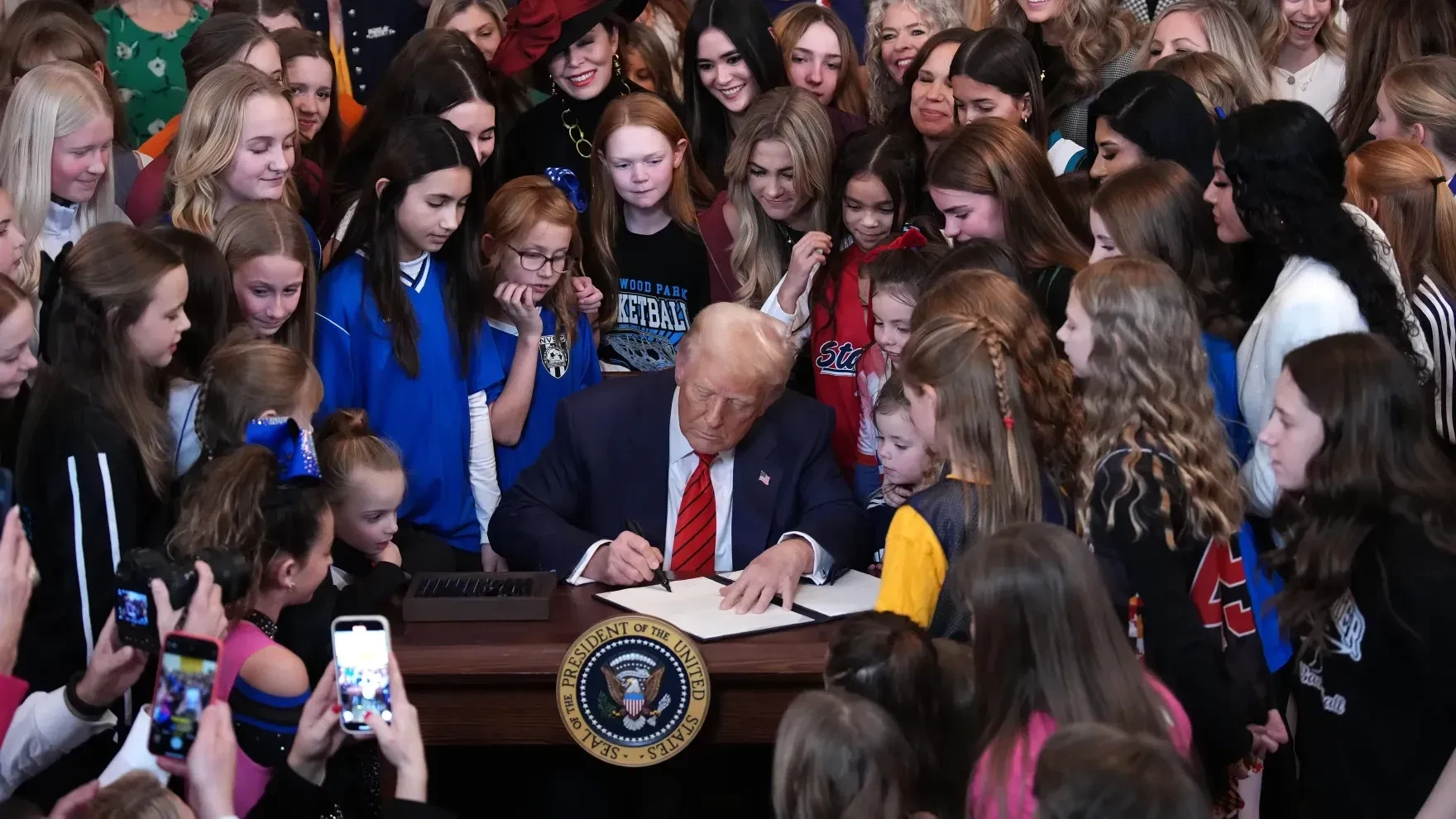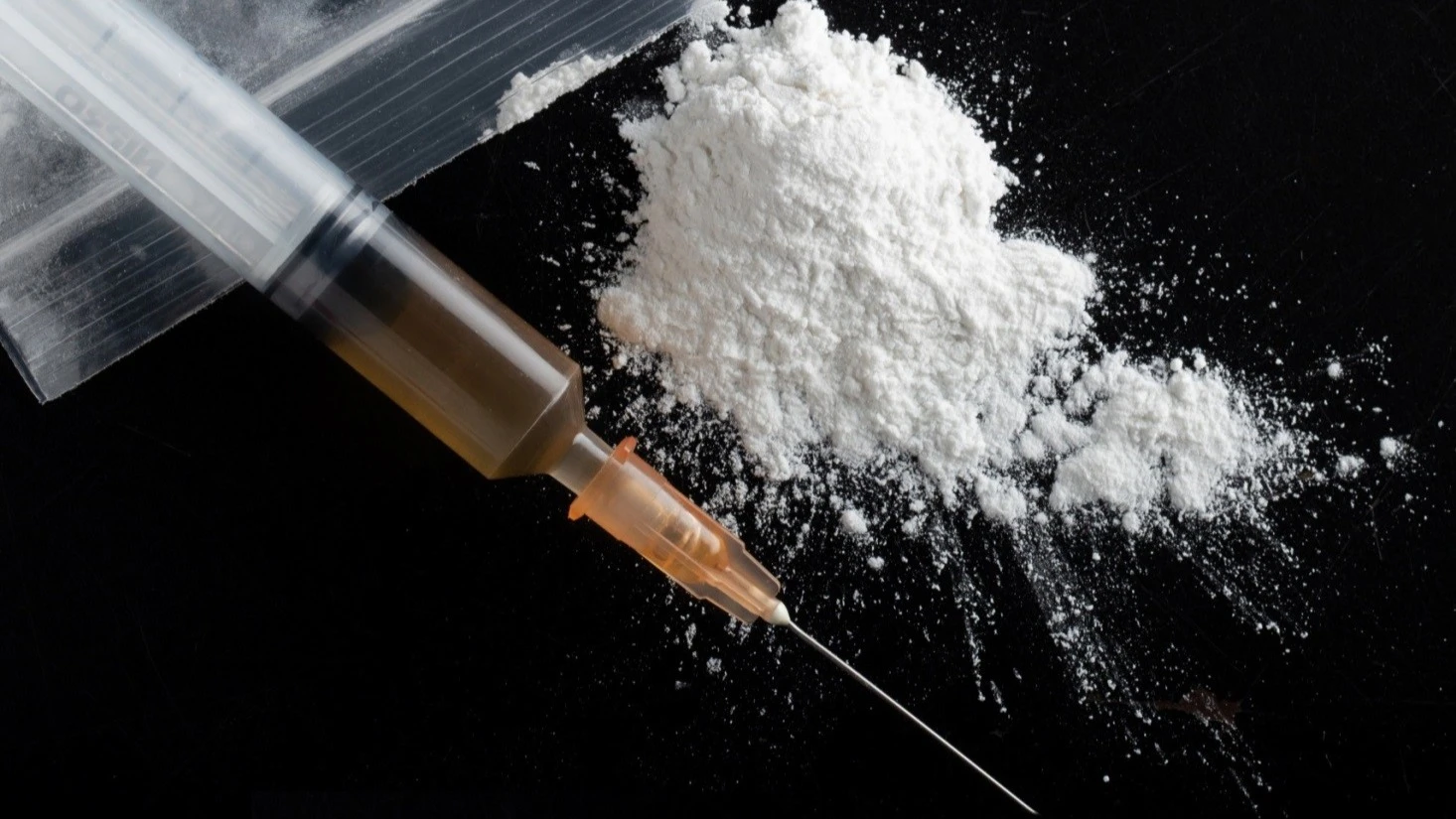Perils of plastic: Global ecosystems shift as plastic pollution worsens

THE Philippines is now in the phase of El Niño commonly associated with drought, heat waves and other extreme weather conditions. All of these attributes contribute to hotter days.
While Filipinos have adapted to the scorching heat of summer, the recent days have been unusually hot to the point that classes are suspended due to extreme weather.
The Philippine Atmospheric, Geophysical and Astronomical Services Administration reports that as of last April 16, some areas in the Philippines are experiencing dangerously high temperatures.
These areas range with a heat index of 42 to 46 degrees Celsius and with Dagupan City, Pangasinan being the hottest city in the Philippines as of writing.
The increasing heat index has always been a trend observed years prior due to climate change. As years go by, its effects become more potent.
While there are many factors that contribute to climate change, one of its notable contributors is the continuous manufacture and use of single-use plastics and further accumulation of plastic waste.
Plastic versus planet
Plastic used to be a product of the future when invented. It is made of polymer by products from fossil fuels and is characterized by being flexible, durable and lightweight.
The versatility of plastic and its cheap production has allowed companies to produce products from furniture, electronic devices, medical equipment, fashion and beauty, farming and building materials to packaging. Almost every product produced contained plastic.
Soon, plastics have begun to dominate landfills, and people have found out that it does not decompose easily. Now, the overwhelming amount of plastic pollution is considered as one of the pressing environmental issues. The cheap production of plastic has led to higher use and release of greenhouse gases that impact climate change. All it has taken is 60 years.
According to the United Nations (UN), the packaging sector is the largest producer of single-use plastic and one of the most energy intensive manufacturers in the world. Thirty-six percent of plastic waste belongs to the packaging industry, and 85 percent of it goes to landfills.
Plastic has even polluted the marine ecosystem. The International Union for Conservation of Nature reports that as of 2021, plastic makes up 80 percent of marine debris and creates garbage patches. These plastics end up in the digestive system of marine life.
A prediction from the United Nations Educational, Scientific and Cultural Organization's International Oceanographic Commission states that by 2050, there might be more plastics than fish in the sea. The organization has also reported that there are 50 to 57 trillion plastic pieces in the ocean. That is equivalent to at least 2,000 garbage trucks of waste dumped every day.
Some sea creatures such as turtles, seals and whales get entangled in ocean waste, which endangers their life. The consumption of plastic is not limited to marine life because even zebras, tigers, cattle and camels have died due to plastic.
Plastic can also cause health issues to humans by eating seafood such as fish, mussels and shrimp that have ingested microplastics, which is created when plastic is continuously weathered by its surroundings and is distributed across bodies of water. Microplastics also enter bodies of water through laundry as clothes shed small amounts of nylon, polyester, acrylic and spandex with every wash.
These plastics also contain carcinogenic and toxic chemicals, making people more prone to cancer and other illnesses. Microplastics also affect soil quality according to a study by researchers of Leibniz-Institute of Freshwater Ecology and Inland Fisheries. This could cause negative long-term effects to terrestrial ecosystems.
Aside from that, economic aspects that rely on marine life such as tourism and fisheries are severely affected. Popular tourist sites will no longer be attractive because of unattended pollution. Microplastics reduce the quality of aquatic life, crippling the fishery sector.
The accumulation of plastic waste also contributes to higher costs throughout the material's life cycle. This is aggravated by the fact that most plastic products are only used once, and after that, it is immediately thrown away unless recycled. While the costs of production are low, the government will have to allot funds for collecting and recycling plastic and other cleanup activities.
Sachet economy
Companies encourage customers to recycle and reuse plastic, pushing the environmental responsibility to them. While this is a viable solution, it is ineffective.
According to the Organization for Economic Cooperation and Development, only nine percent of plastic waste gets recycled, 22 percent is mismanaged and most of it is thrown into landfill. While most countries have enacted policies banning plastic, there is not enough action to initiate these legislations. Most of these also tackle a single form of plastic such as plastic bags, which neglects other forms of plastic waste.
Locally, a survey from the Plastic Polluters study ranked countries, based on the highest plastic waste emitted in the ocean per person, and the Philippines ranked first with a rate of 330 kilograms per person.
One of the culprits of high plastic waste in the country is attributed to the sachet economy. It started out in the "tingi" (retail) culture of sari-sari stores (neighborhood sundry stores) until companies started producing products, packed in smaller quantities for single use. Naturally, its packaging will also be single use. According to the Global Alliance for Incinerator Alternatives, Filipinos use more than 163 million sachets daily.
The 2020 Brand Audit report states that 46 percent of plastic waste belongs to three fast-moving consumer goods companies: Universal Robina Corp., Nestlé and Colgate-Palmolive Co.
Helping the planet win
International groups such as the UN have recognized the importance of addressing plastic pollution through a resolution between member states. The resolution suggests that member states should shift to a circular economy to reduce plastic waste. The circular economy ensures that plastic products are not used once but it will serve benefit throughout its entire life cycle.
This transition requires four strategic goals: reduce the size of the problem by eliminating and substituting problematic and unnecessary plastic items, including hazardous additives; ensure that plastic products are designed to be circular by making it reusable as first priority and recyclable or compostable next; close the loop of plastics in the economy by ensuring that plastic products are circulated in practice; and manage plastics that cannot be reused or recycled in an environmentally responsible manner.
Last September 2021, the Philippines implemented the Extended Producer Responsibility, or EPR law, which is an amendment of the Ecological Solid Waste Management Act. Part of this law is the regulation of single-use plastics and wastes.
The law covers plastic packaging such as sachets, food containers, cosmetic packaging, plastic cutlery, straws and signages. The main function of the law is to ensure that corporations with more than P100 million in assets shall come up with a recovery procedure for its plastic waste.
Recovery can be in the form of buying back the waste materials from its customers, designing easily reusable and recyclable packaging, eliminating unnecessary parts in packaging, putting collection bins, where customers can drop off their used packaging; participating in cleanup drives on public roads and coastal areas; and establishing facilities for recycling, composting and other proper waste management initiatives. Companies that fail to comply will pay a fine, ranging from P5 million to P20 million.
House Bill 4102, or the Single-use Plastic Bags Tax Act, has been passed a year after that. This imposes an excise tax of P100 for every kilogram of single-use plastic, retrieved from a place of production.
Former Finance Secretary Benjamin Diokno says: "I thank the House under the leadership of Speaker Ferdinand Martin Romualdez for exercising swift and careful judgment on the approval of the Single-use Plastic Bag Tax Act. This is our contribution to the global movement to reduce pollution while raising revenues needed [to] manage economic risks and rehabilitate the country. [It's] like hitting two birds with one stone."
However, the law only encompasses plastic bags, not accounting for the other plastic materials that contribute to plastic waste.
During his State of the Nation Address last year, President Ferdinand "Bongbong" Marcos Jr. appealed to the Congress to prioritize a legislation that will impose an excise tax on single-use plastics.
Lawmakers such as Senate President Pro Tempore Loren Legarda are pushing for regulations to ban single-use plastics through the Single-Use Plastics Regulation and Management Act of 2022. Sens. Francis Pangilinan, Ma. Lourdes "Nancy" Binay, Cynthia Villar, Emmanuel "Manny" Pacquiao, Ana Theresia "Risa" Hontiveros, Manuel "Lito" Lapid and Juan Edgardo "Sonny" Angara have filed similar bills in the past.
The Department of Finance (DoF) has also pushed measures to implement excise tax on single-use plastic bags.
DoF Fiscal Policy and Monitoring Group Officer-in-Charge Undersecretary Karlo Fermin Adriano says: "When a good has some negative externalities, meaning the consumption or use of a product causes some social cost, we try to regulate that through taxation. In the case of single-use plastic, the social cost is mismanaged waste, which is related to climate change."
Local government units have also taken initiatives. One example is Tacloban City Mayor Alfred Romualdez, banning the use of styrofoam and plastic packaging through City Ordinance 2023-25-06. This allows the city to shift to reusable bags or paper bags. Some corporations such as Unilever, Procter and Gamble and Nestlé have pledged to implement measures to make their packaging more sustainable.
Still, more companies need to be nudged on their sustainability plans. Under the EPR law, companies must create an EPR program and register it to the National Solid Waste Commission under the Department of Environment and Natural Resources (DENR).
However, the agency reported last year that only 17 percent, or 709 out of 4,000 companies, have registered its respective EPR programs. DENR Secretary Ma. Antonia Yulo-Loyzaga asks enterprises to have their EPR programs registered in lieu of the low registration rate.
Furthermore, the Philippine Center for Investigative Journalism says it has "learned the companies continue to exhibit a 'wait-and-see' attitude on how the administration of President [Marcos Jr.] will implement the measure, casting doubt on the country's ability to tackle its growing plastic waste problem." This is attributed to unclear guidelines for implementation.
The law is also criticized by environmental groups for being "problematic." Instead of banning the use of plastics entirely, environmental groups say it encourages the companies to produce more plastic because it can be recovered anyway.
Encouraging corporations to have their sustainability and environmental care programs can go a long way in reducing the production of plastic products and preventing it from ending up in landfills. At the same time, effective and well-thought-out laws, which every stakeholder can have the confidence to enact and understand, is equally crucial to ensure that these policies can move the advocacy forward.
The simplest solution can start from oneself even if it is just small steps. Retrieve trash from beaches and throw it in the designated bin. Use alternatives for plastic products such as bringing eco bags or tote bags during grocery shopping and ceramic plates over plastic ones. Find ways to reuse single-use plastic packaging such turning it into eco bricks or donating it to foundations that recycle it. Avoid cosmetic products with microbeads in them.
Moreover, being involved in cleanup drives, pushing for legislation and supporting environmental organizations such as Greenpeace and the EcoWaste Coalition will make a bigger impact. In the long run, changing habits can help in reducing plastic consumption, especially if it will be advocated to more people, encouraging them to practice a zero-waste lifestyle.
Plastic pollution is not only an environmental concern, it is an issue that encompasses all aspects of life such as health, economy, lifestyle and consumption.
In the battle between plastics and the planet, we should help the planet win.
Written by Khrystyn Andaya
Top Headlines
© 2025 IPPMEDIA.COM. ALL RIGHTS RESERVED

























